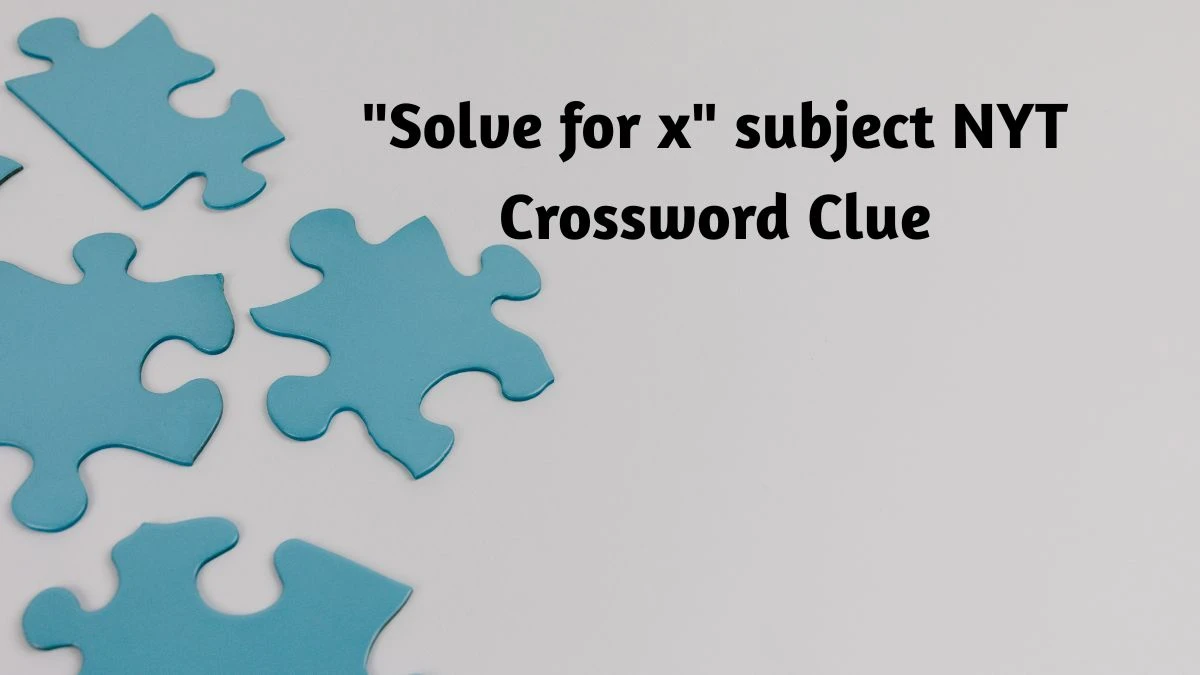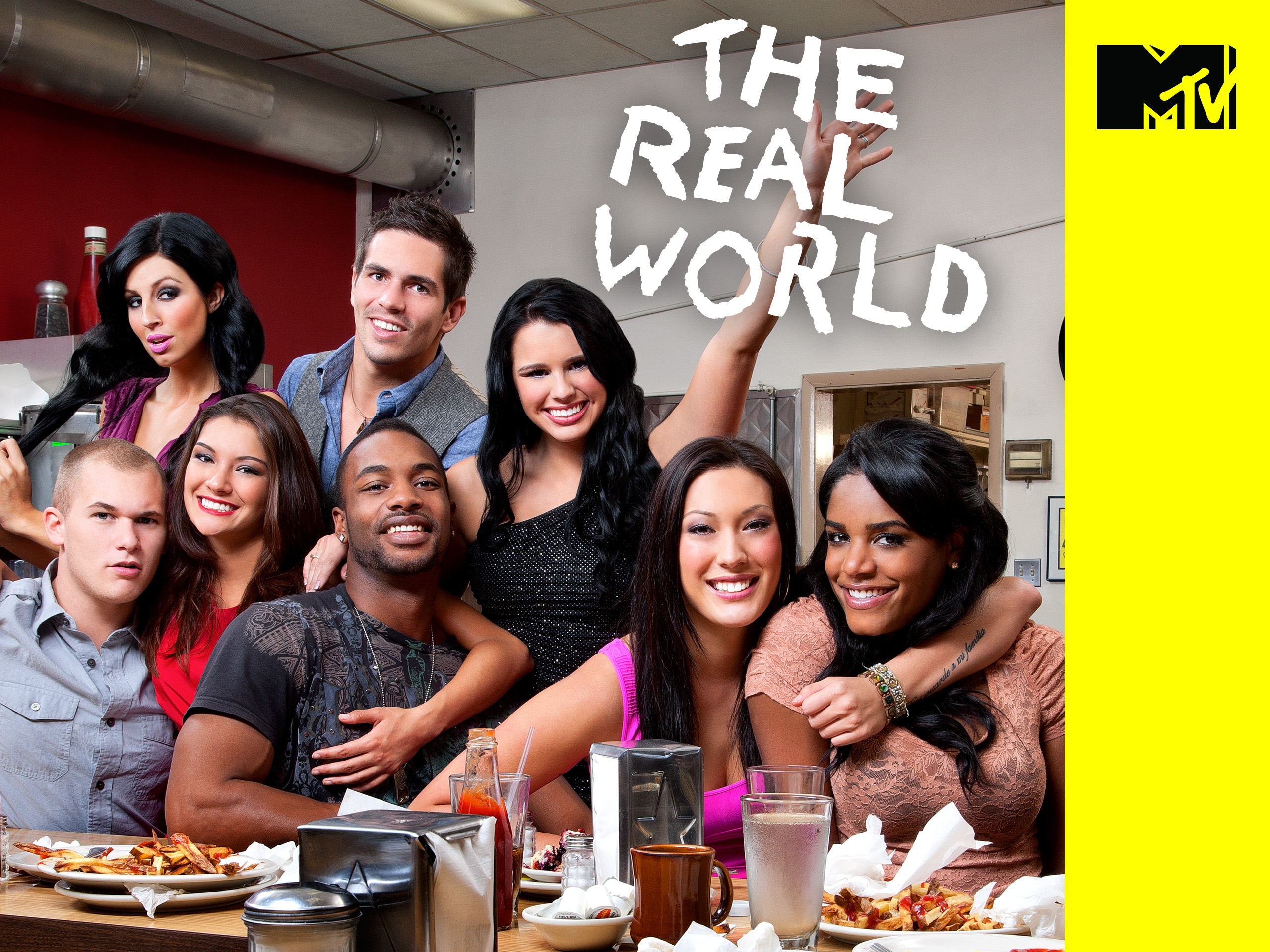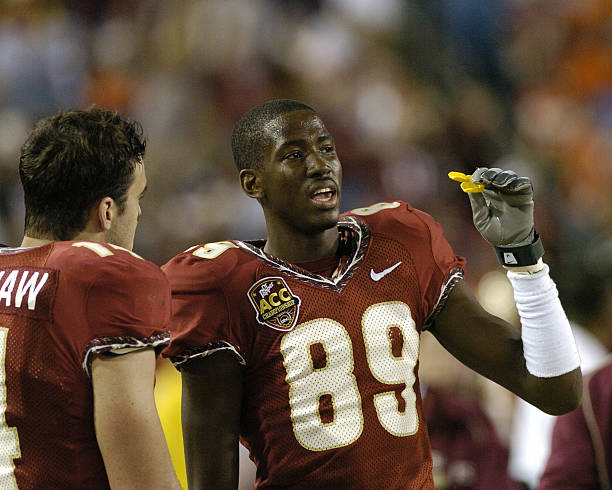Introduction
hard to erase crossword, are difficult to find as crosswords are more than simple diversions; they are daily rituals for millions. What begins as black-and-white squares often transforms into a battlefield of wit, patience, and persistence. Some clues, however, become etched in memory—hard to erase, not merely from the puzzle page but from the mind itself.
The Psychology Behind Crossword Challenges
Puzzle-solving activates deep cognitive processes. A solver is not simply matching words; they are engaging memory, intuition, and lateral thinking. The emotional pull of a particularly stubborn clue can linger for hours or even years, etching itself as a personal milestone.
The Origins of Crossword Puzzles
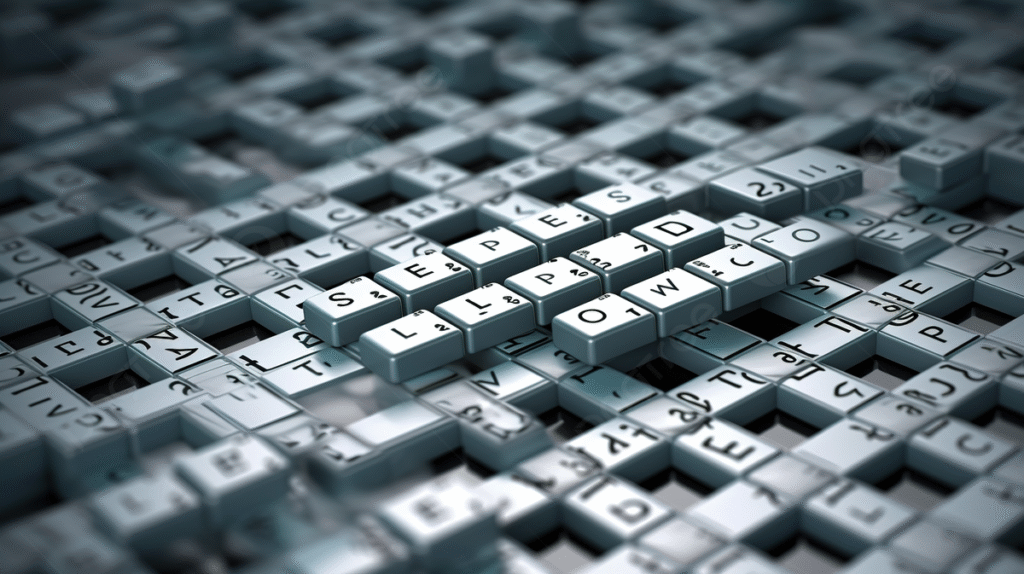
The crossword was born in 1913, crafted by journalist Arthur Wynne. What began as a newspaper experiment soon became a global phenomenon. Its evolution has paralleled cultural change, weaving history, literature, and slang into everyday play. Now days some of the Popular crosswords
The Anatomy of a Difficult Crossword
Not all puzzles are equal. Some clues rely on double meanings, puns, or deceptive phrasing. Constructors deliberately design traps that force solvers to doubt their instincts, creating riddles that are difficult to erase from memory.
Why Certain Clues Are Hard to Erase
A clue becomes unforgettable when it sparks both frustration and revelation. Emotional tension builds as attempts fail, only to be released in the thrill of recognition. That surge imprints the answer permanently.
The Role of Language Complexity
Crossword constructors relish using arcane words—terms from botany, obscure literature, or foreign expressions. Such vocabulary demands solvers expand beyond the commonplace, and when mastery comes, the words remain imprinted long after.
Cultural Significance of Crossword Clues
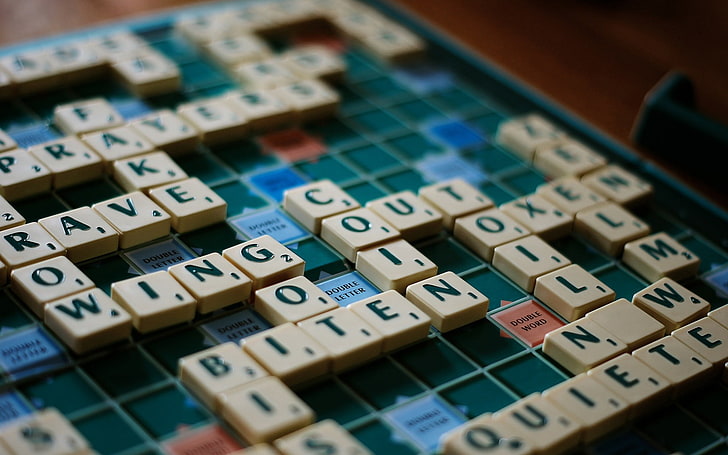
Each puzzle is a cultural snapshot. References to films, music, politics, and history intertwine with vocabulary, allowing solvers to travel through eras. A clue referencing a forgotten jazz singer or a 1980s sitcom becomes “hard to erase” because it encapsulates time itself.
The “Hard to Erase” NYT Connection
The New York Times crossword stands as the gold standard. Its clues have humbled even seasoned solvers. Words like esne (a feudal laborer) or etiolate (to grow pale) are not easily forgotten once encountered in its grid.
The Neuroscience of Puzzle Retention
Neuroscientists explain this phenomenon through the brain’s pattern-recognition systems. Solving creates dopamine surges, cementing the memory of difficulty overcome. The harder the struggle, the deeper the imprint.
The Social Bond of Crossword Solving
Crosswords are rarely solitary in their impact. Families pass them across breakfast tables, friends compare solving times, and strangers bond in cafes over a stubborn clue. The “hard to erase” challenge becomes a communal story.
Technology and Modern Crosswords

Digital apps now track solving speed, errors, and streaks. Yet the essence of difficulty remains unchanged. Even with hints, the stubbornness of a well-crafted clue persists. The digital age has not erased the permanence of challenge.
Hard to Erase in Crossword Terminology
Among constructors, the phrase implies more than stubborn difficulty—it means craftsmanship. A clue that leaves a mark does so because it is ingenious, not merely obscure.
Crossword Solving as a Ritual
Morning routines are incomplete for many without the day’s puzzle. The stubbornness of certain clues, far from being deterrents, becomes part of the meditative exercise, reinforcing patience as a virtue.
Famous Constructors Who Love to Challenge
Will Shortz, Liz Gorski, and Patrick Berry are names synonymous with artful difficulty. Their creations often contain clues that remain etched in solver folklore, passed down like urban legends among enthusiasts.
Strategies for Overcoming Hard-to-Erase Clues
Lateral thinking is key. Shifting perspective, revisiting later, or considering wordplay rather than literal meaning often breaks the deadlock. A fresh mind transforms the impossible into the obvious.
The Emotional Impact of a Breakthrough
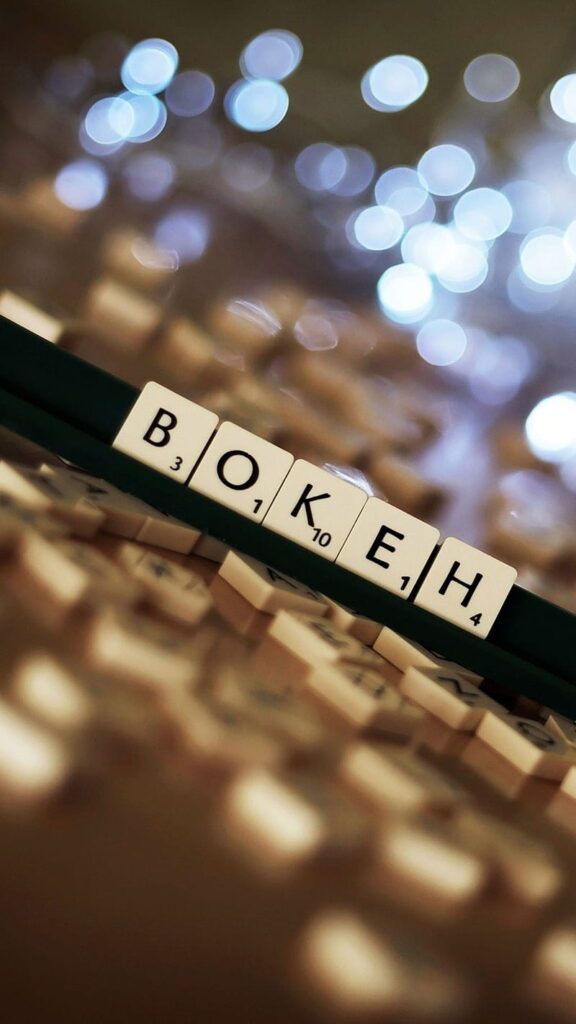
Few feelings rival the satisfaction of solving a once-impossible clue. It mirrors life’s larger struggles—perseverance yields reward, and the memory of triumph is indelible.
How Hard-to-Erase Crosswords Influence Vocabulary
Solvers unwittingly build formidable vocabularies. Words like olio, ort, and yare might rarely appear in conversation, yet they become etched through repeated puzzle encounters.
The Intersection of Crossword and Literature
Writers often draw inspiration from puzzles. Nabokov, for instance, reveled in wordplay. The construction of a crossword clue is, in itself, an act of literary craftsmanship, each one a micro-poem of ambiguity.
The Enduring Allure of Difficulty
Humans seek challenge instinctively. Easy victories fade quickly, but hard-fought triumphs remain luminous. Crosswords provide this in miniature form: contained, repeatable, yet always renewing.
Conclusion
The hard to erase crossword is more than a puzzle. It is a reflection of human curiosity, cultural memory, and the joy of triumph over adversity. Some clues fade, but others remain etched in the corridors of thought—reminders that the beauty of language and challenge lies not in ease, but in endurance.
ALSO READ OUR OTHER STORIES
Frequently Asked Questions (FAQs)
What does “hard to erase” mean in crossword puzzles?
It typically refers to a clue whose answer conveys permanence, durability, or something difficult to remove, such as “indelible” or “engraved.”
Is “hard to erase” a common crossword clue?
Yes, it appears often in major crossword publications like The New York Times and LA Times. It is a standard clue format for words like “ink,” “stain,” or “tattoo.”
What are the most frequent answers to the clue “hard to erase”?
The most common answers are indelible, permanent, and etched. Shorter variations might include ink or scar depending on the puzzle’s grid size.
How do I know which answer fits best?
Look at the number of letters required and cross-check with intersecting words. Context from the surrounding grid will help you decide between similar terms.
Why do crossword clues like “hard to erase” often lean toward synonyms of permanence?
Because crosswords rely on wordplay, such clues usually point toward words associated with permanence, memory, or markings that endure through time.
Can “hard to erase” ever be metaphorical in a crossword?
Yes, sometimes it may reference emotional scars, unforgettable experiences, or symbolic permanence, making the puzzle more layered.
Where can I practice similar crossword clues?
Platforms like The New York Times Crossword, LA Times Crossword, USA Today Crossword, and apps like Crossword Solver or NYT Games are great options.
Are there any solving strategies specific to clues like this?
Yes—always think broadly. Consider not just physical markings (ink, stains) but also abstract ideas (memories, scars, impressions).
Can the clue “hard to erase” have multiple correct answers?
Yes, depending on the puzzle constructor’s intent and word length, there can be several valid answers that fit the clue’s theme.
Why are crossword clues intentionally vague like this?
Ambiguity is part of the challenge. It forces solvers to think laterally and expand their vocabulary, making crosswords both engaging and intellectually stimulating..

